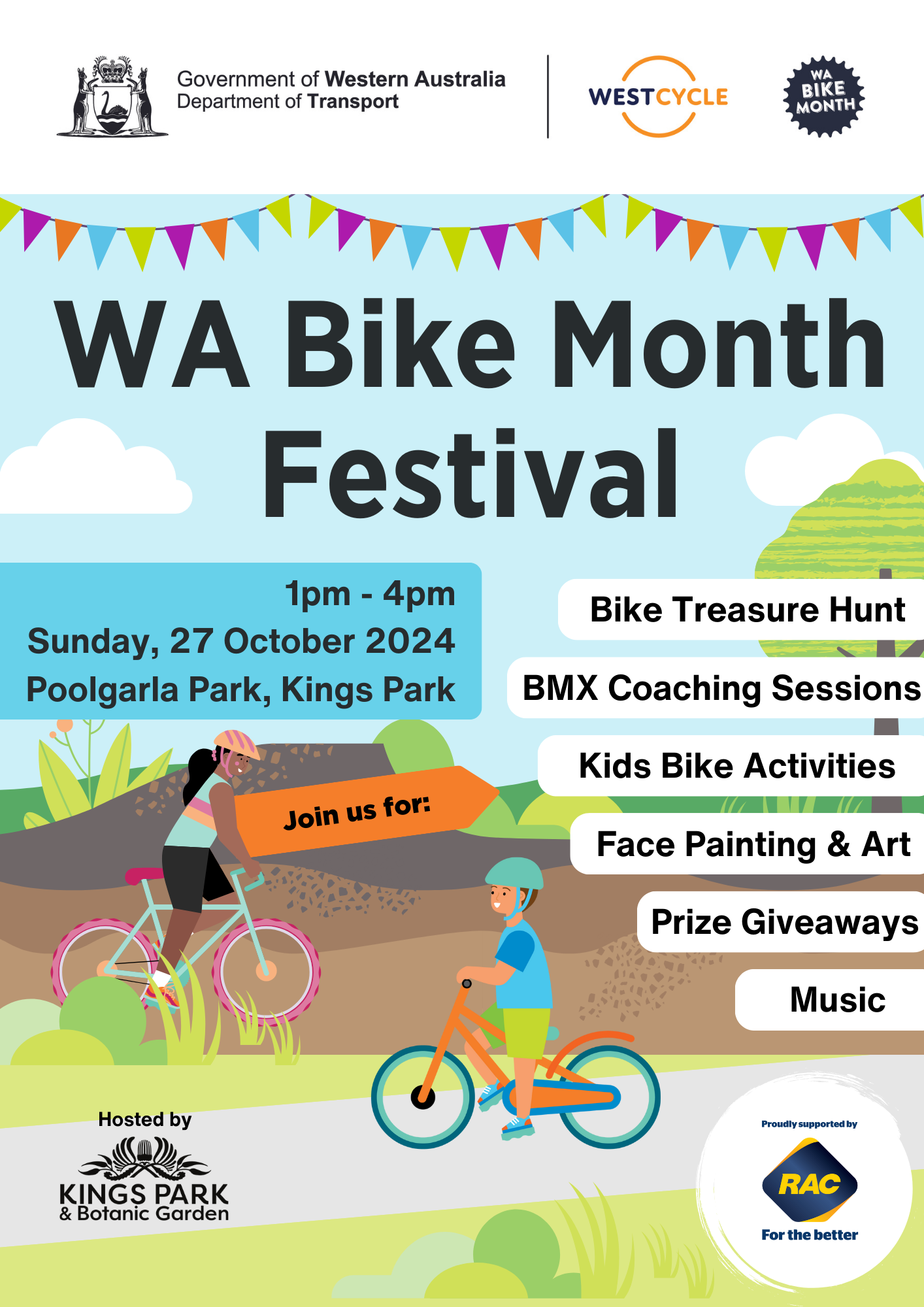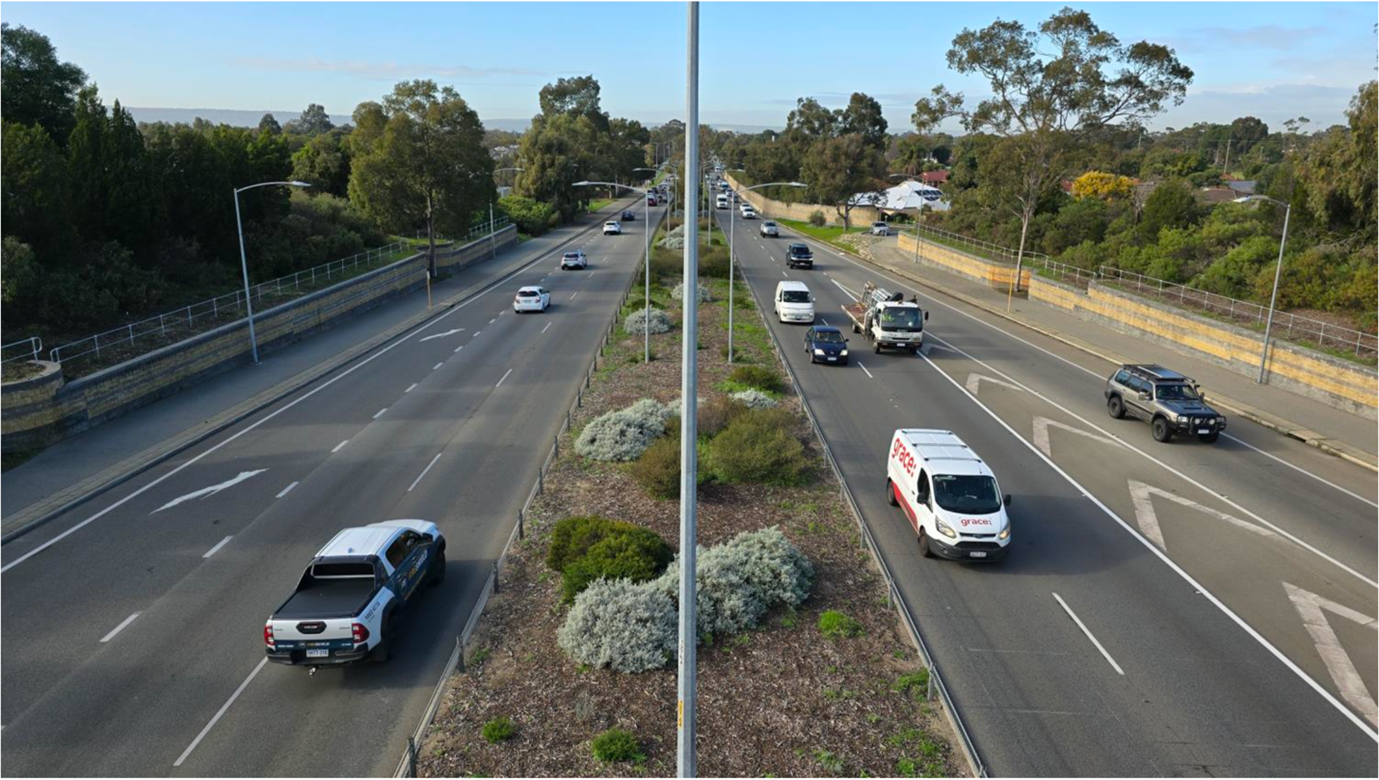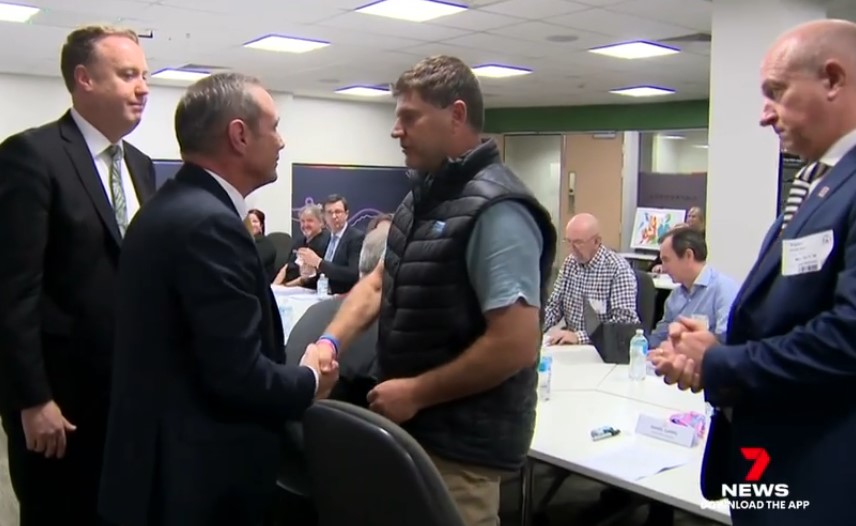Getting around better: WestCycle backs Climate Council’s wake-up call to Australian transport decision makers
Climate Council Australia last week issued a report that found Australia’s transport infrastructure and habits are in a dire sustainability hole.
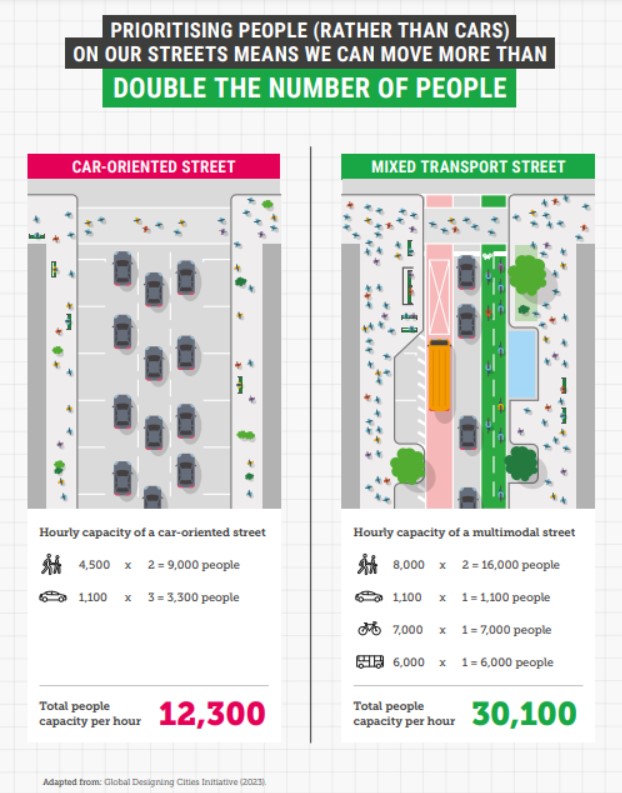
“Under all emissions reduction scenarios the Climate Council modelled, a major and dramatic shift in the way most people get around is required,” the report found.
Its findings are confronting to the transport status quo which is defined by an ongoing infrastructural and policy bias toward motor vehicles that is frankly no longer fit-for-purpose if Australia is to have any hope of meeting its impending climate targets and de-carbonising its economy.
Not only that, our current fossil-fuelled motor vehicle obsession is linked to 12,000 cardio-based hospitalisations, 6,800 people being hospitalised with respiratory issues and 66,000 cases of childhood asthma each year.
Road accidents are responsible for 1100+ deaths each year, and many more serious injuries.
Around half of urban car trips are under 5km.
When all this is methodically scrutinised as the CCA has done, the case for change is clear and compelling. Not down the road, but now.
Time to act
“The CCA’s report is important because it makes clear the central role that active transport plays in action on climate change, and that simply swapping out internal combustion engine vehicles for electric vehicles isn’t going to cut it,” said WestCycle Active Transport Manager, Dr Georgia Scott.
“It’s particularly relevant to the work we are doing at WestCycle, because the report’s recommendations align so closely with our Vision for Active Transport.”
The report found active transport spending remained anchored to historically low levels of around 2% of transport spending across national, state/territory and local governments and authorities.
The CCA pointed to European countries like Ireland that were seeing immediate climate and economic benefits from upping active transport spending to levels closer to 20% of total transport spends.
Australia is missing a massive opportunity to reinvent and reconfigure its transport system that contributes about 20% to the country’s already drastic carbon problem.
The case for active transport: Greener, fairer, cheaper, healthier, more enjoyable
Dr Scott praised the report for outlining “a comprehensive set of recommendations for overhauling how we move around in Australia that will not only drastically reduce emissions from transport but make how we get around fairer for everyone.”
She added: “While our cities have been designed to work for cars, not everyone can or wants to drive one. Cars are also very expensive! If we did what the report recommends, and massively boost funding for active and public transport, it would give millions of Australians options for their daily journeys that are cheaper, healthier and – importantly! – more enjoyable than spending thousands of dollars each year to be miserably stuck in traffic.”
CCA recommends halving car journeys and tripling bike and on-foot journeys by 2030.
“We have the solutions we need to do this,” the report said, noting an estimated $2 return on every dollar invested in active transport.
It recommends establishing a National Transport Decarbonisation Plan to “set mode shift targets to reduce car dependence” and guide project development and spending.
Other recommended actions include:
-
- 20% of transport spending devoted to active transport
-
- Greater use of bike and scooter-sharing programs
-
- Promoting use of e-bikes
-
- Promoting use of scooters, light vehicles, motorbikes and micro cars
-
- Promoting ride sharing
-
- More and better connected, separated shared paths
-
- Road charges to disincentivise motor vehicle travel
-
- Electrifying and making affordable all public transport by 2035
-
- Raising motor vehicle fuel efficiency standards
Such actions would cut transport emissions by a quarter in seven years, it found.
Find out more about WestCycle’s Vision for Active Transport here.
CCA’s report is available here.
For more information contact:
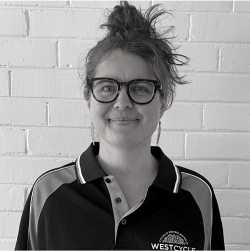
Acknowledgement of country
WestCycle acknowledges the traditional custodians of the lands we live on and pay our respects to Aboriginal and Torres Strait Islander Elders past, present and emerging.

